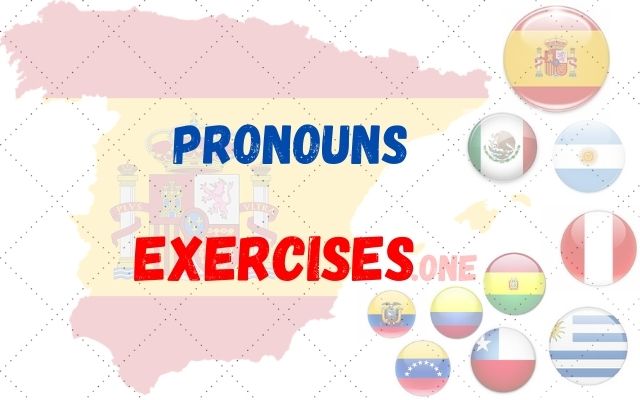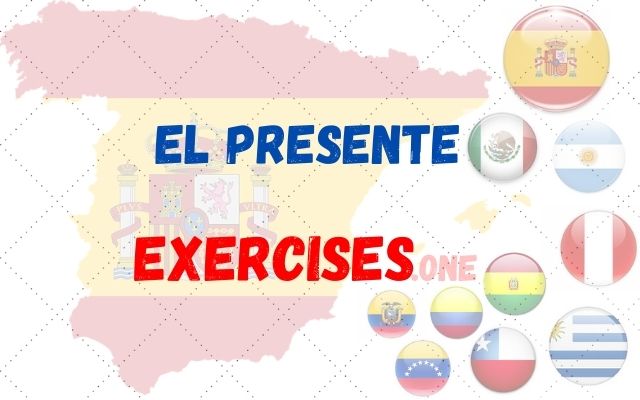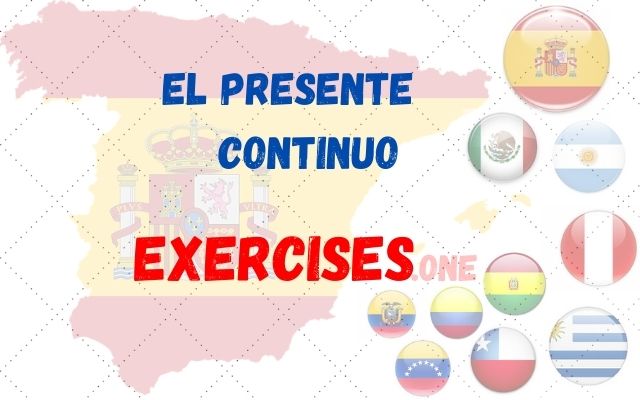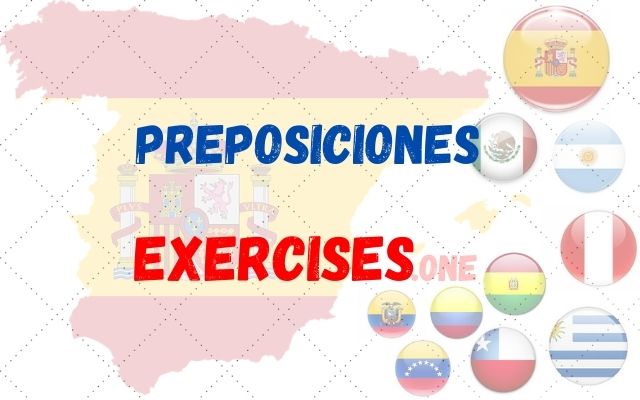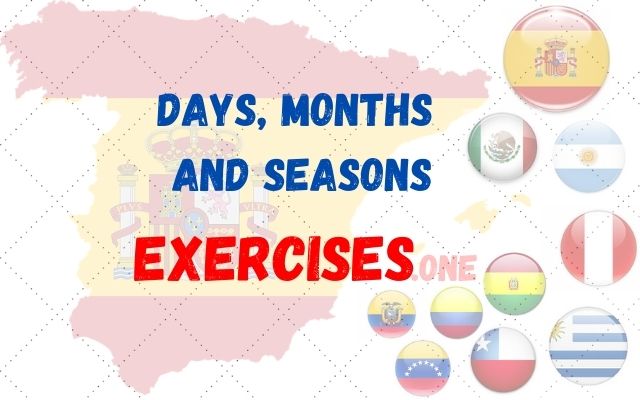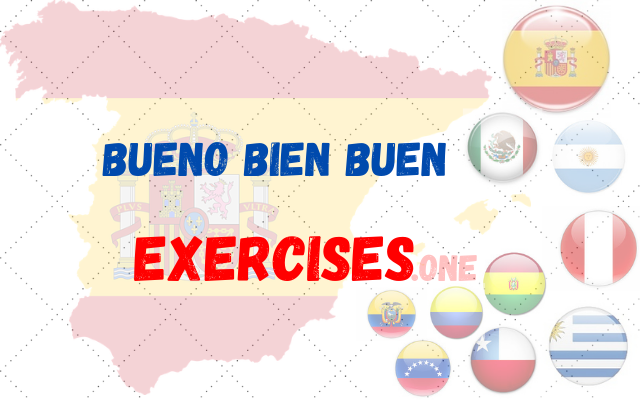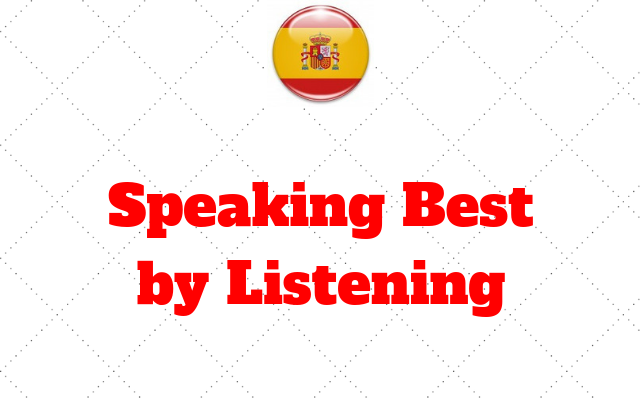
As beginning Spanish language students want to understand native speakers, then they must practice listening to them as much as they can and stop thinking about the language, and start thinking in the language.
When listening to Spanish you can only pick out a word here and there you say? That is perfect, because the next time you will recognize a couple of more words spoken at the speed natives use the language.
Continue on with your program you are using and learn some more vocabulary word phrases, practice with your Spanish audio from your program, and go back and listen to some more actual Spanish.
This time you will recognize a couple of more words and phrases, as it is spoken at normal speeds. Again, this is perfect, this is how you learn to use the language, and not learn how to think about the language.
If you want to understand native speakers, you must stop learning Spanish from textbook tapes and CDs alone. You must go where real speakers speak real Spanish and listen to learn speaking Spanish.
Learn Spanish as it is used, not textbook formal Spanish to become fluent. One way to do this is to find a TV show aired in Spanish and watch it on constant bases. Another way is to find podcasts such as the one offered by Voice of America.
You must put it in your schedule and watch it every week. Turn off the captions in your native language, and record little parts for your private use later on your iPod or cell phone to listen again, and again to it.
Spanish teachers call this directed listening, or listening in a narrow method, by having the students watch the same TV show that is on each week with a different story. This is much better than trying to watch TV news exclusively – this Spanish is difficult, but practicing with it is essential. It shows you by example where you are trying to get to in your ability to use Spanish.
Watching TV shows about stories, this is not beginners Spanish, but for the beginning-intermediate student it is perfect, all the way to the most advanced fluent student. Flood your mind with Spanish, and listen to become fluent.
You will become used to the characters, learn their names, start to recognize their accents – this is very, very useful to learn beginners Spanish.
Studying textbooks and grammar exclusively, and not immersing yourself in challenging Spanish will only make you good at passing tests on textbook Spanish from textbooks and grammar quizzes. It makes little contribution for your development of the spoken language at all past the basic stage – studying grammar and textbooks.
You cannot learn to speak smoothly and without mistakes by studying the language and thinking about it. Thinking about the language causes you to learn speaking Spanish by translating from your native language.
Instead, what you want to do is to think in the language and to speak in it smoothly, without any trouble, hesitation, pauses, or stops.

